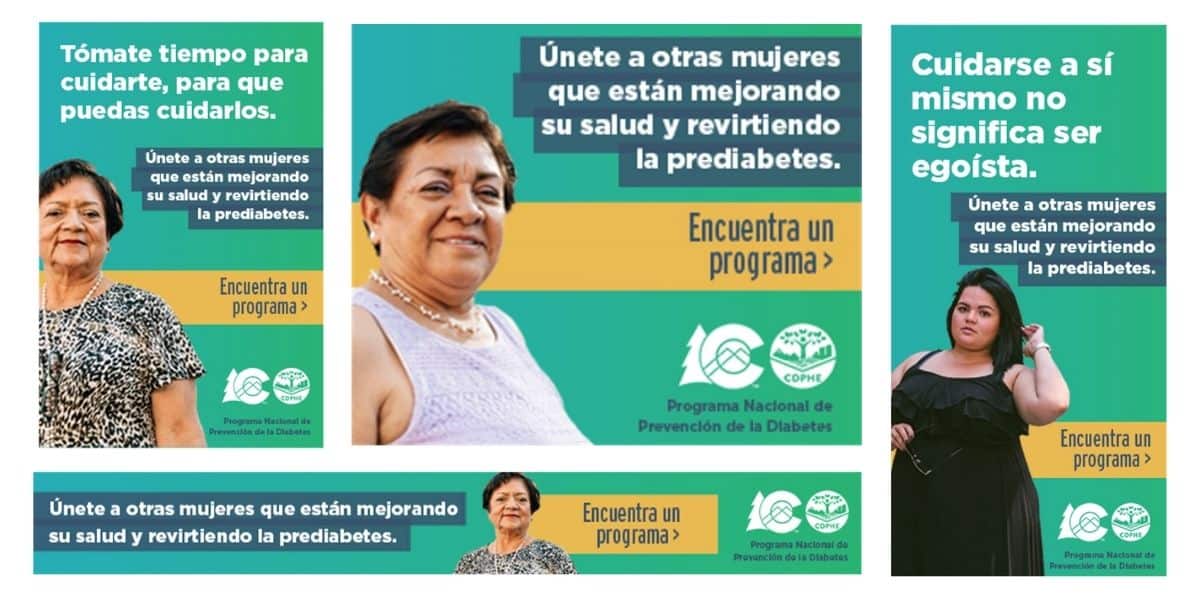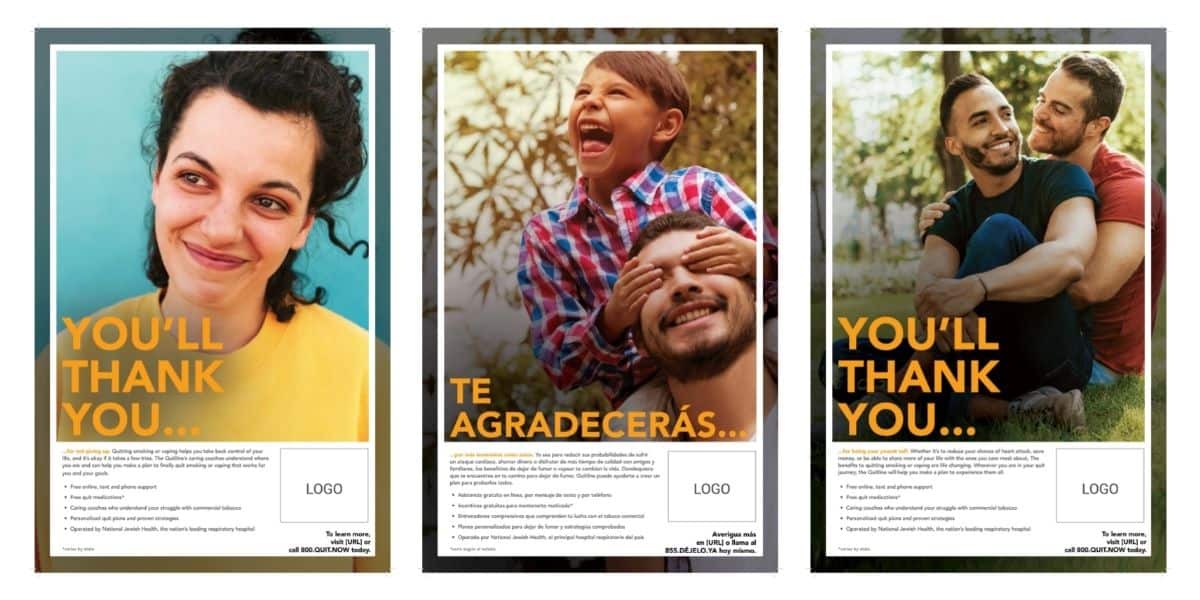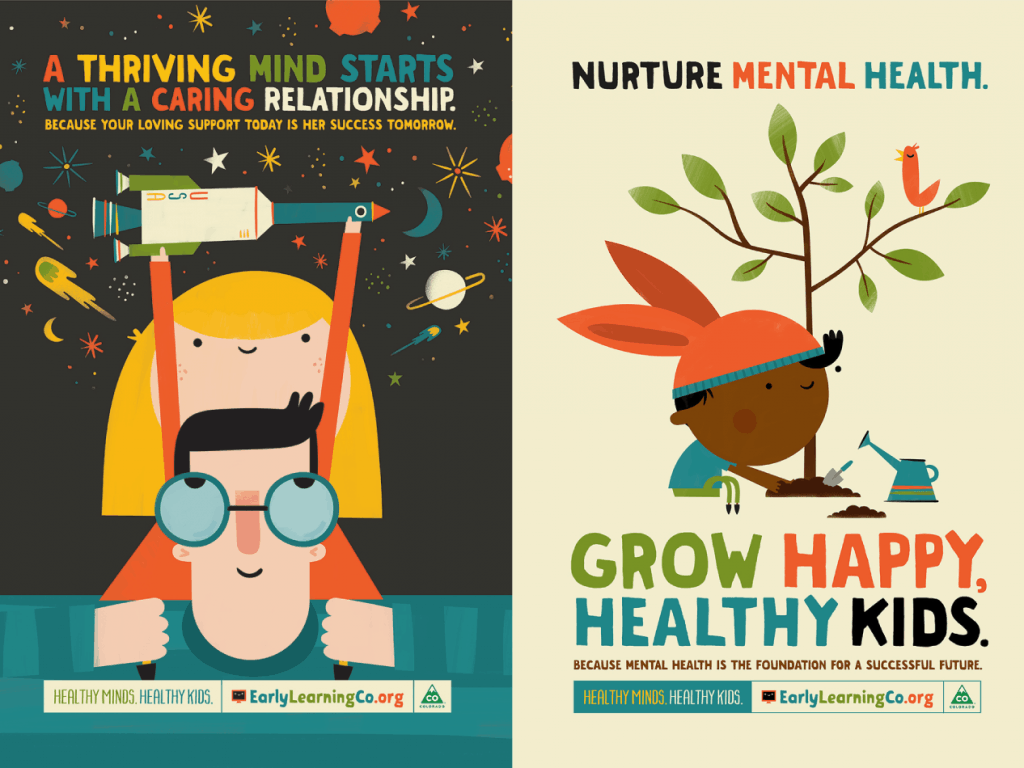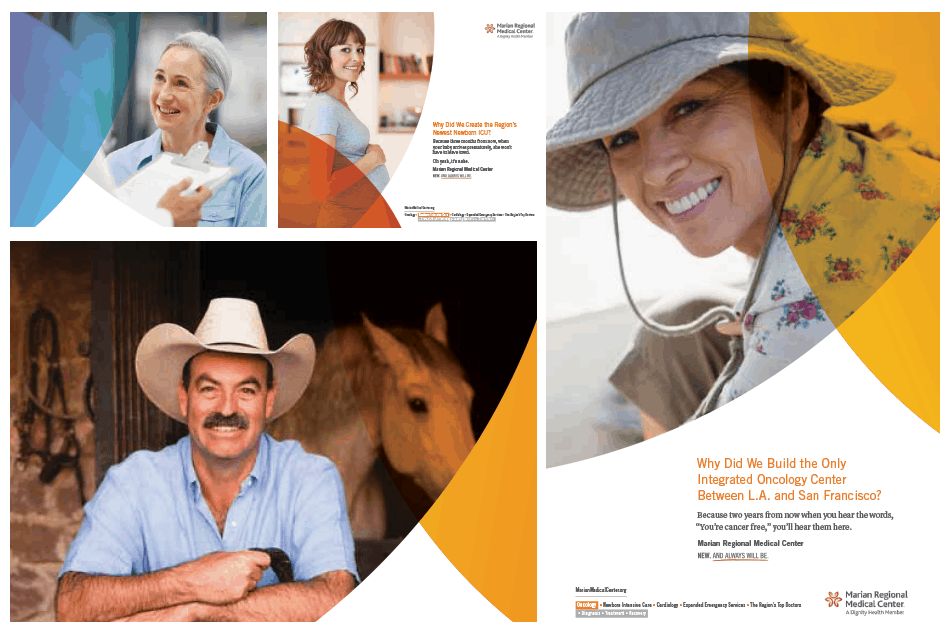SE2’s newest principal, Alvina Vasquez, interviewed SE2 Principal Susan Morrisey in another episode of her podcast, Alvina Talks Shift. They reflected on the challenges they faced, such as harassment and being pigeonholed, both as women and as a Latina in business. Alvina shared her journey from the male-dominated broadcasting industry to working in a women-dominated environment. Susan talked about balancing work and parenting. The women also contemplated the significance of Women’s History Month and stressed the importance of reflecting on its implications in their own lives and experiences.
Begin Transcript:
Alvina Vasquez:
Let’s talk about creating a life and country we are proud of together. Welcome to Alvina Talks Shift. I am your host, Alvina Vasquez.
This is part two of an amazing interview we had last week with Susan Morrisey. We connected after the first episode, and I said that I didn’t think we got to discuss everything that we needed to. Susan has some questions for me too, so let’s kick it off.
Susan, welcome back.
Susan Morrisey:
Thank you. I’m so excited to be working with you every day and I do have some questions for you.
In our first episode together, we talked about what it was like for me coming up in the working world. Now I want to hear what’s it been like for you, coming up as a woman and a Latina in business. What kinds of barriers or obstacles did you encounter?
AV:
I started in broadcasting, which was very male dominated. That’s why the issue of workplace harassment and hostile work environments was so ingrained in me – because that’s what the broadcasting world was like. Very male dominated, very macho. People could say whatever they wanted to you. I mean, I had men telling me they were having dreams about me, very gross stuff that. I just had to deal with it and move on. There wasn’t an HR department where you could go because they were very small stations. There was no one you could complain to.
I feel like women now have so much more voice than they used to. We had to cover up because we didn’t want to be harassed at work. But then I moved into the advocacy world and worked with women almost exclusively. So, it was super interesting to make that switch.
Just like with any leader, you have good ones and bad ones, no matter which gender they are or how they identify. I think it’s given me resiliency and the opportunity to decide, what are the things that are worth fighting for? What are the things I’m going to pick at and what are the things that I just need to let go and move on? And just set those expectations for myself.
I’ve been thinking a lot about leadership. Of course, I was the owner of my company before I became an owner of SE2. But I was thinking about it this weekend because last week I was really sick and really tired, and I was like, okay, I think I need to take some time off. It was because I was wrestling a bit with what I think an owner of a company should be like and act like – and wondering whether I’m living up to that. I feel like that was kind of setting me back, so I needed the weekend to reset and get myself to a place where I am confident in what I’m doing. Stuff was just piling on and I thought, ugh, I just need a breath.
Every new environment gives us new challenges, and we have to know when it’s time to take a break and just reset, so that we can refocus on what needs to get done.
SM:
Absolutely. And, by the way, you are doing just fine, the way you’re acting as an owner of a business. You don’t need to worry about that. There’s no imposter in how you’re perceived, whatsoever.
So, that gives me some insight into some shared experiences that you and I had in terms of coming up as women in business. What’s different, however, is that I was a white woman coming up in business and you’re a Latina. Can you reflect on that experience and how it might have been different for you?
AV:
Yeah, I get pigeonholed a lot – like, I’m only good at Latino stuff, at Latino outreach. That’s why working with the governor’s campaign as the political director for all constituencies was so important to me. It got me out of a box and into other rooms and talking to different people.
Also, I’m a third-generation Latino, so may not know exactly the experiences of an immigrant family. Sometimes, I might not be the right person or have the right experiences. But I know how to engage with those audiences and those constituencies. I’ve learned, over time, how to relate to them and understand and be open to listening to their experiences. But just because I’m Latina doesn’t mean I know the immigrant experience.
I don’t know if we’re given the grace to have multiple life experiences and have multiple generations. We’re kind of like put in a box, like, oh, Latino, immigrant, Spanish speaker. And then there’s the issue of whether you speak Spanish well enough, whether you get enough credit for speaking Spanish. When I went through the Latino Leadership Institute, they talked about language justice in a different way. When my parents moved here, they were told never speak Spanish at home because my brother was stuttering. In fact, what he was doing was translating. So, it was a reverse racism. We lost our language and I had to relearn it. New immigrants come here and they’re like, oh, you don’t know how to speak Spanish, so you get judged on that. It kind of puts you in a weird place. I identify with white community and middle-class family – that stuff. But I also understand how the impacts of all this racism from the past has impacted me, my future and my kids as well.
SM:
Speaking of kids, how is Romero?
AV:
Oh my god, he’s so much fun. What’s interesting about a toddler is that you kind of see their brain expand every day. Every day there’s a new word or you see him make sense of something that didn’t make sense yesterday. It’s pretty amazing to see that experience.
SM:
You’re going through a period right now that’s also similar to what I went through. My kids are in their mid-20s now. Being a working mom, trying to work and, in your case, own a business and be out in the community and having a toddler – that’s a heavy load. How do you balance all that?
AV:
I mean, you don’t. You’re good at some things one day, then other days you’re good at something else. But I’m glad you brought that up because I wanted to talk about when I came to the office last year, when we were still talking and negotiating about the ownership and I had to bring the baby with me. I was on my way to the airport and so I didn’t have anywhere to take him. He just had to come with me. And you said something in that meeting; something like, how amazing is it that you’re a business owner selling your business and your toddler’s here with you.
SM:
Hey, I remember trying to coach my kids’ soccer – being in the field coaching little, little kids – while also getting calls about bills that clients were working on at the Capitol. And I just had to do both. I knew I had to have that moment where I was, you know, being a good mom by taking my turn at coaching soccer. But I also had to keep those other plates spinning.
So, he is welcome anytime that you need to combine those two roles of yours. Because I get it. Been there, done that!
AV:
It’s so exciting because that’s the legacy he’ll have now. Oh my God, I’m getting emotional. That’s the legacy he’s going to have because you all invested in me and I invested in that business. So, I think that’s really exciting. And, you know, he’s adopted, so who knows what the outcomes could’ve been in his life. It could have been anything. And so, thank you for your support.
SM:
Something tells me that his outcomes are going to be good, with you as a mom, as a working mom.
AV:
He’s a good networker. He is always shaking hands. He knows how to work a room.
SM:
Those experiences of combining parenting with working, I think they only add to who you are and how effective you are. It’s tough, I’m not going to lie. It’s tough to keep all the plates spinning, but ultimately it’s a good mix.
AV:
Changing subjects, now that I’m on the SE2 team, what do you think is the future of our work and what we’ve talked about in terms of developing community relationships?
SM:
Doing this kind of work has really changed. I think the way that agencies like ours used to work with communities is that we would come to them pretty late in the process and say, Hey, we’ve developed this campaign. Can you push this out in your community? You know, can you take our work and share it with your community? And that has really shifted. Now we’re making sure that we’re doing research directly with them. We’re testing messages and creative directly with them. We’re getting their input on a strategic level and on a creative level for the campaigns that we’re creating. We can’t just go to them with an ask. It has to be a mutually beneficial dynamic.
And that’s where you come in, to help us stay focused on continuing that evolution and making sure that we’re working with communities early, often, and in an authentic way. Not to check a box, but to really make sure that we’re really hearing their voices and incorporating their perspectives and stories into the work we’re doing.
AV:
So, we’re going to wrap up here in a minute, but this is Women’s History Month, and I made a comment on my Facebook that everybody loved, because I was like, I’m celebrating me. I have this whole support network of people, but I’m the one who made changes. I’m the one who took chances and I’m the one who got these things done. So, when people do these big celebrations, like women’s day, blah, blah, blah, what do you think about that? Is it good? Is it worth it?
SM:
I think the celebration month or day is only meaningful if you reflect on its application in your own life and in your own experience. I don’t know that those days really achieve anything if you don’t take a take a minute to think about it. You know that saying, Think globally, act locally. I think it’s the same thing. Recognize the global celebration going on but think about how to give meaning to it in our own experiences and circles of influence.
AV:
Well, thank you Susan, for another amazing episode of Alvina Talks Shift. We’re going to have lots of conversations. I love our chats. I know we’re the two women partners, but every time I walk away from a conversation with you, I’ve learned something. And I just feel safe, I feel like you’ve got my back. So, thank you for that, Susan. And thank you for joining me on this episode.
SM:
Absolutely. Thanks for having me.
AV:
Thank you for listening to Alvina Talks Shift. Please like, share, and subscribe and as always, engage, empower, evolve. If you like this episode, or if you want more content like this, go to alvinatalksshift.com or wherever you listen to podcasts.





